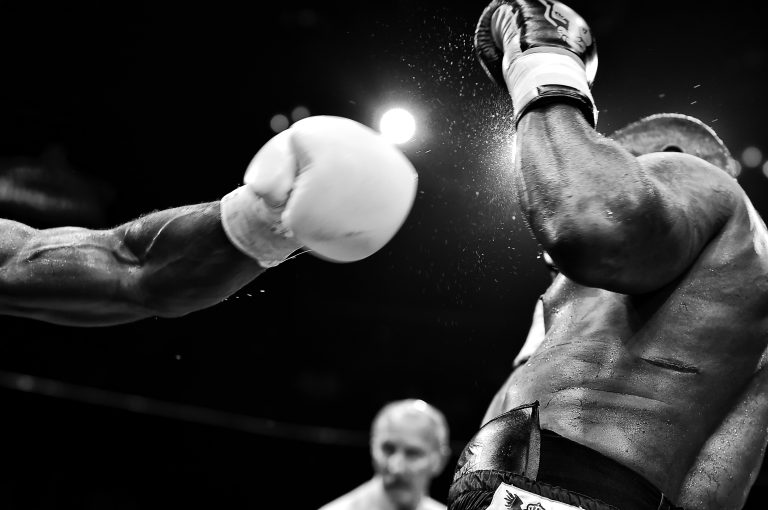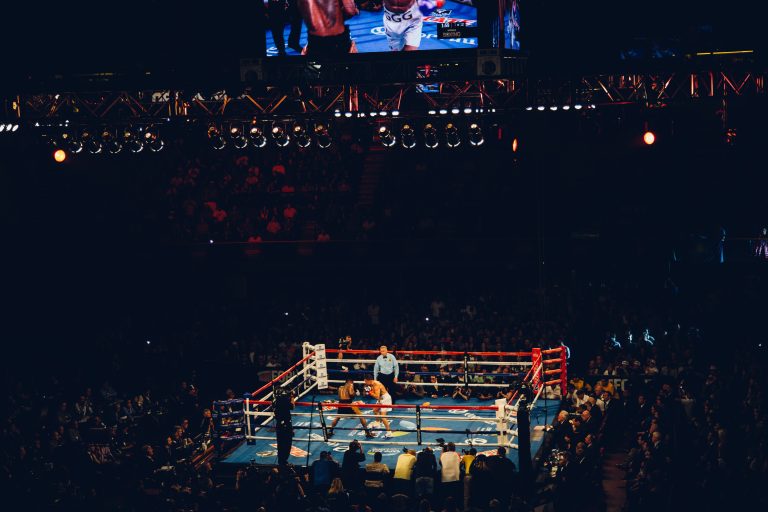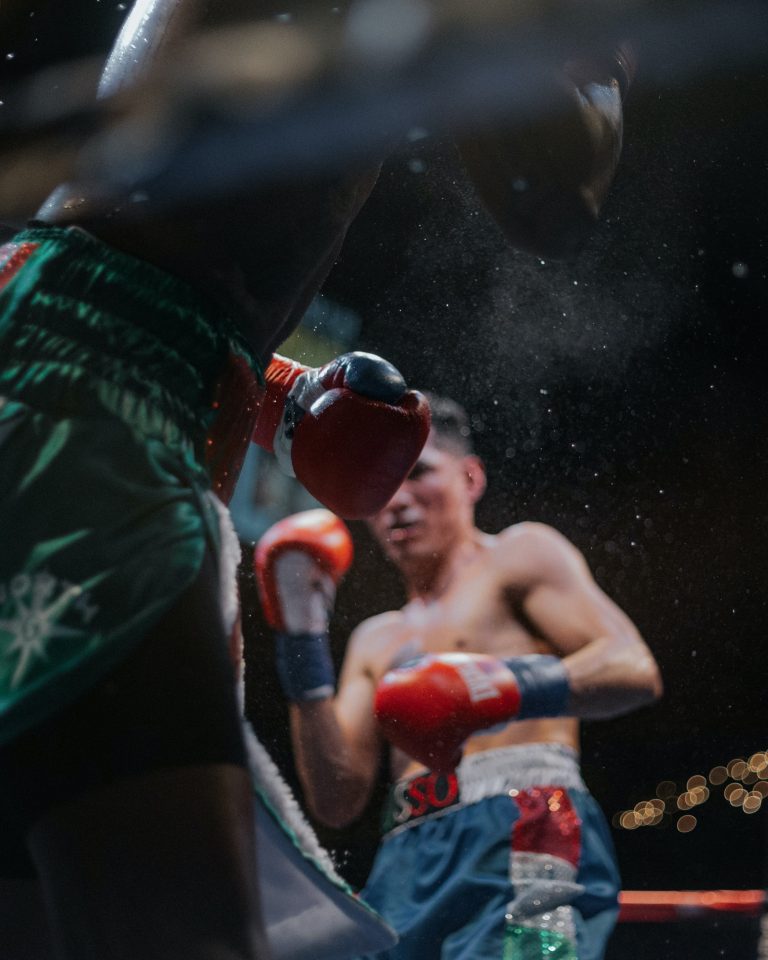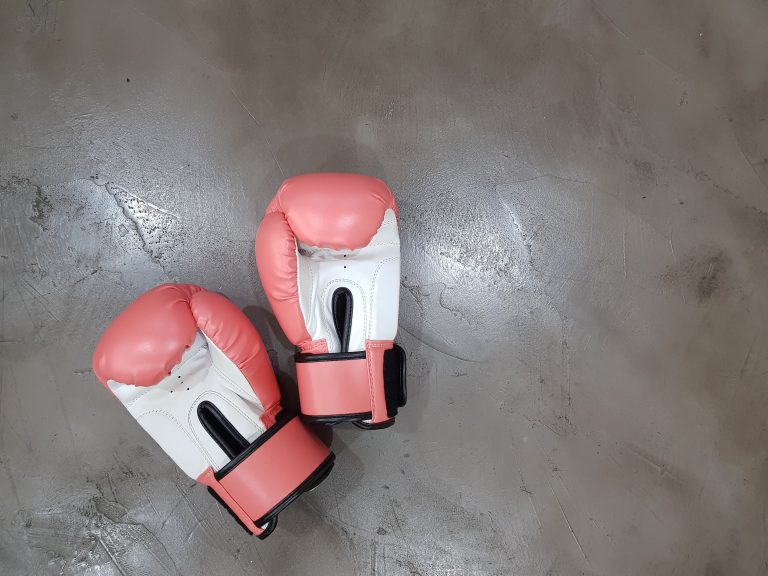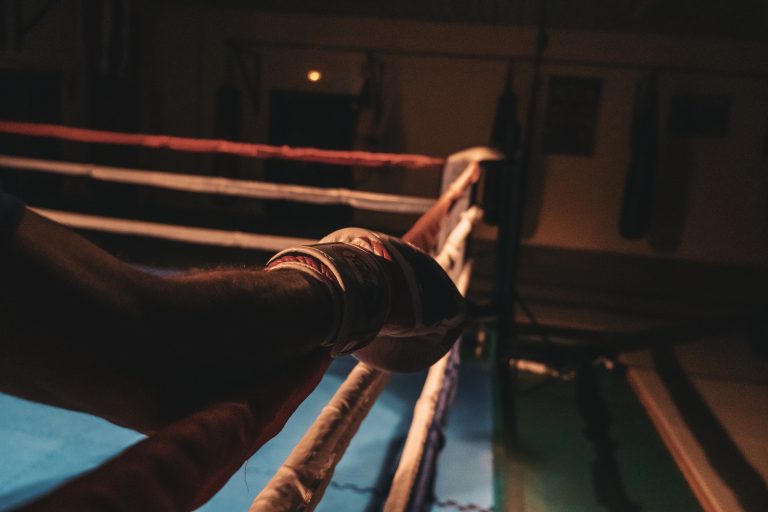Can You Learn Karate in Later Life?
Karate is an ancient and highly-respected martial art that requires discipline, focus, and dedication. Many people believe that karate is only for young people or those who have been practicing for years, but the truth is that anyone can learn karate, regardless of their age or fitness level. In this blog post, we will explore whether it is possible to learn karate in later life and what steps you can take to achieve your goals.
Is it possible to learn karate in later life?
Learning karate in later life is absolutely possible. While it is true that younger students may have some physical advantages, such as greater flexibility and stamina, older students have other advantages such as patience, wisdom, and determination. When you start karate training later in life, you may need to modify your training regimen to suit your physical limitations, but with the right approach and mindset, you can still make significant progress.
How to Learn Karate in Later Life:
Here are some tips that can help you learn karate in later life:
1. Find a good instructor:
A good karate instructor should be knowledgeable, experienced, and have a teaching style that suits your learning needs. Look for an instructor who specializes in teaching adults and who can modify techniques to suit your physical ability.
2. Set realistic goals:
Setting realistic goals is perhaps the most important thing when learning karate in later life. It takes time and effort to master karate, so set small and achievable goals. This may include learning one new technique at a time or increasing your level of fitness gradually.
3. Consistency is key:
Consistency is critical when learning karate in later life. You may find it difficult to attend every class or practice session, but never give up. You will see progress and improvement by simply showing up and staying consistent with your training.
4. Take care of your body:
As an older student, the risk of injury is higher. Therefore, make sure you take care of your body. Before starting any training session, always warm up and stretch properly. Listen to your body when it needs to rest, and take a break if you feel any pain or discomfort.
5. Never give up:
Karate is not an easy martial art to learn, but it is a rewarding experience. Do not get discouraged by your progress or limitations. Instead, celebrate your progress, no matter how small, and never give up on your goals.
Conclusion
In conclusion, learning karate in later life is a challenging but rewarding experience. By taking these tips into consideration, you can work towards achieving your goals, improving your fitness, and developing a strong sense of discipline and self-confidence. Remember, with the right approach and mindset, anyone can learn karate, regardless of their age or fitness level.
Can You Learn Karate in Later Life?
Karate is a martial art form that originated in Okinawa, Japan. It is a form of self-defense that involves strikes, kicks, and other hand techniques. Karate is not just a sport, but it is a way of life. It teaches discipline, physical fitness, and mental clarity. You might be wondering whether it is possible to learn Karate in later life. In this blog post, we will answer the most frequently asked questions about the subject.
How Old Is Too Old to Learn Karate?
Age is just a number. You are never too old to learn Karate. In fact, Karate is a great way to stay active and healthy in later life. Many people have started Karate training in their 50s, 60s, and even 70s. The most important thing is that you are physically fit enough to take part in the training.
What Are the Physical Requirements to Learn Karate as an Adult?
Learning Karate does require a certain level of fitness. As an adult, you should be physically active and healthy before you start Karate training. You don’t need to be an athlete, but you should be able to perform basic physical activities, such as jogging, jumping, and stretching. Karate involves a lot of physical movement, so you should be prepared to work hard and sweat a lot.
How Long Does It Take to Learn Karate?
Learning Karate is a journey, not a destination. It takes time and dedication to master the techniques and principles of Karate. There is no fixed timeline for learning Karate, as it depends on many factors, such as your age, physical fitness, and how often you train. People who are younger and in better physical shape tend to learn faster. However, with regular practice, anyone can learn Karate and improve their skills over time.
What Are the Benefits of Learning Karate in Later Life?
There are many benefits to learning Karate in later life. Firstly, it can help you to stay physically fit and active, reducing the risk of health conditions such as heart disease and diabetes. It can also improve your flexibility, balance, and coordination, which can help to prevent falls and injuries. Karate is also great for mental health, helping to reduce stress and improve focus and concentration. Additionally, Karate can help you to develop self-confidence, discipline, and a sense of accomplishment.
Is Karate Safe for Older Adults?
Karate is generally safe for older adults, as long as they have received proper instruction and are following the appropriate safety guidelines. It is important to choose a reputable Karate school with qualified and experienced instructors. You should also talk to your doctor before starting Karate training, especially if you have any health conditions or injuries. Older adults should take things slowly and listen to their bodies, gradually increasing the intensity of their workouts over time.
What Are the Different Styles of Karate?
There are many different styles of Karate, each with its own unique techniques and traditions. Some of the most popular styles of Karate include Shotokan, Goju-Ryu, Shito-Ryu, and Wado-Ryu. Each of these styles has its own strengths and weaknesses, and it is important to find a style that suits your goals and aspirations. You can research different styles online or speak to a Karate instructor to learn more.
How Can I Get Started with Learning Karate?
If you’re interested in learning Karate, the first step is to find a reputable Karate school or instructor in your area. You can search online or ask for recommendations from friends or family members. Once you have found a school or instructor that you like, you can start by attending a beginner’s class or trial lesson. This will give you a chance to see if Karate is right for you and to meet other people who are also learning Karate.
Conclusion
In conclusion, learning Karate in later life is not only possible but also highly beneficial. It is a great way to stay physically and mentally active, improve your health and wellbeing, and learn a new skill. Karate is a journey, not a destination, so it’s important to approach it with patience and dedication. Whether you’re in your 50s, 60s, or 70s, you’re never too old to start learning Karate.
Inhaltsverzeichnis

